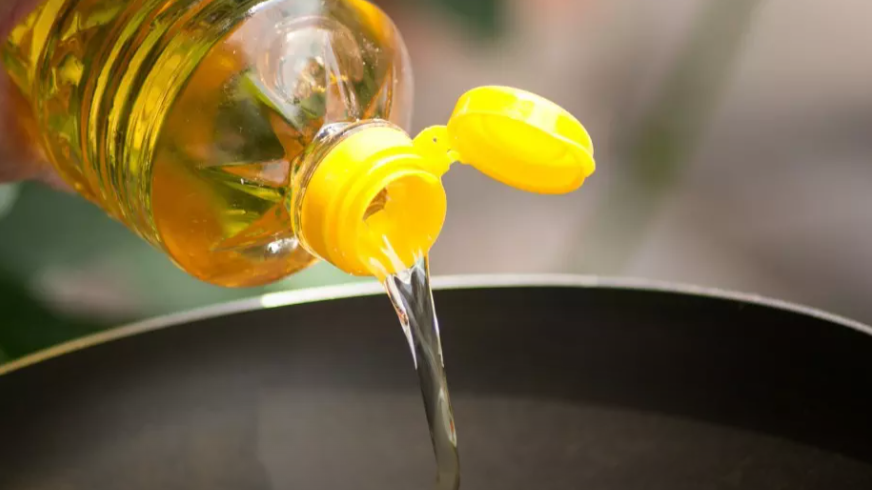Used Cooking Oil as Bioplastic?
What to Do with Used Cooking Oil?
It’s a question that troubles not only households but also scientists. Instead of pouring used frying oil down the drain — where it clogs pipes and harms the environment — researchers have discovered a groundbreaking alternative: turning waste oil into bioplastic.
Scientists from the Faculty of Chemistry at Brno University of Technology (VUT) have developed an extraordinary innovation — a way to convert used vegetable oil into biodegradable biopolymers.
From Waste to a Sustainable Future
The technology, called HYDAL, transforms used cooking oil into PHA biopolymers — naturally degradable materials that serve as an eco-friendly alternative to conventional plastics.
Unlike traditional plastics, which can take hundreds of years to decompose, PHA-based bioplastics break down naturally in the environment, leaving no toxic residue and posing no threat to ecosystems.
This discovery brings us one step closer to closing the loop in the circular economy — turning waste into a new resource rather than a pollutant.
From the Lab to Industry
Research began back in 2006, and after more than a decade of development, scientists were able to successfully produce stable, high-quality biopolymers. However, large-scale industrial adoption proved difficult — the project was eventually archived due to a lack of sufficient investment for mass production.
Nevertheless, HYDAL remains a pioneering step toward the future of sustainable materials. With ongoing progress in industrial processing technologies, such bioplastics could one day replace conventional plastics, helping protect oceans and ecosystems from further pollution.
How Can We Help?
Every individual can contribute to this vision — simply by sorting used oil properly.
Pour your cooled oil into a PET bottle and take it to a collection point.
Many towns and cities have already installed special containers for collecting fats and oils.
If there isn’t one nearby, check with your local municipality or recycling yard — they can direct you to the nearest collection site.
Other Ways to Recycle Used Oils
Nearly all used cooking oils and fats can be recycled and reused without chemical treatment — saving energy and resources.
The UCO (Used Cooking Oil) process is a purely physical recycling method that includes heat recovery and multi-stage filtration.
Used oils typically contain water and food residues (breadcrumbs, meat bits, potato pieces, etc.).
Through advanced UCO purification, these contaminants are removed, resulting in clean, reusable oil suitable for:
- Biodiesel blending,
- Lubricants in construction and forestry,
- Mold release agents, or
- Other industrial applications (often distributed in bottles, cans, or IBC containers).
Even the removed residues are valuable — they can be used as feedstock for biogas plants, closing the recycling loop even further.
Every Small Step Matters
Sorting and recycling used oils may seem minor, but it’s a simple, powerful action that helps the planet move toward a more sustainable future.
Whether it becomes fuel, lubricant, or even bioplastic, every drop of recycled oil proves that innovation and responsibility can go hand in hand — turning everyday waste into a resource for tomorrow.

